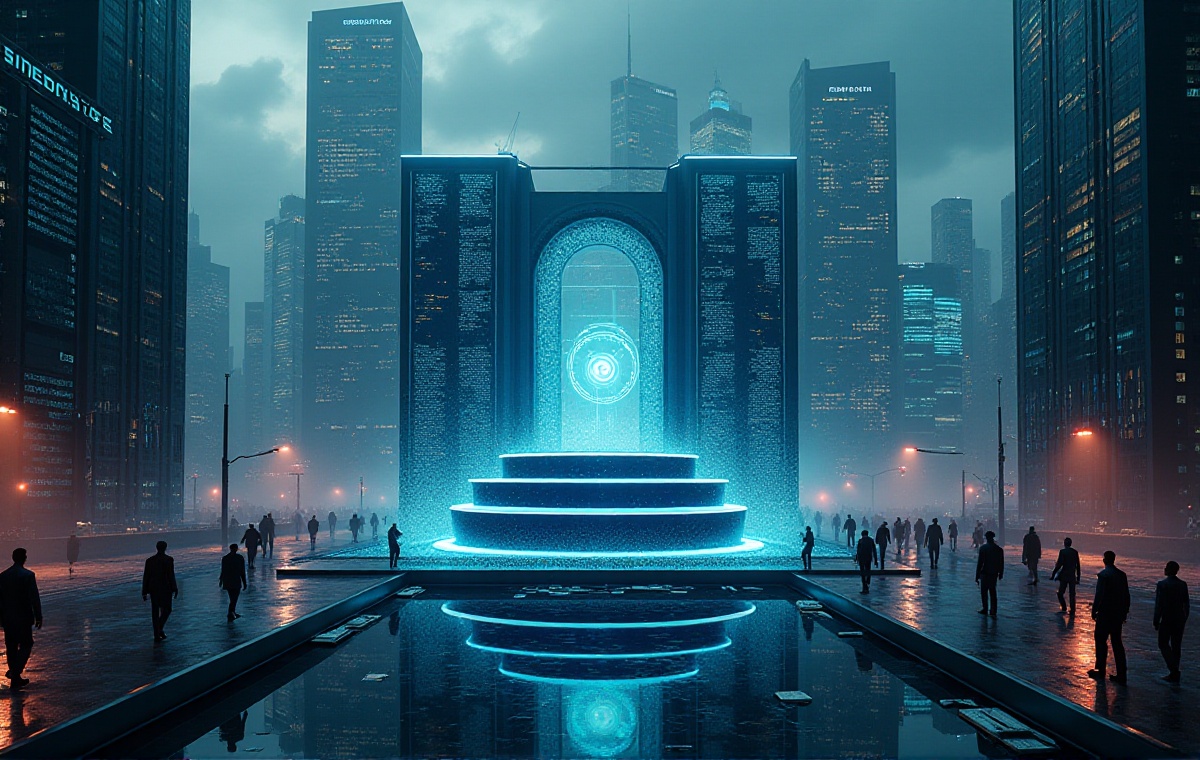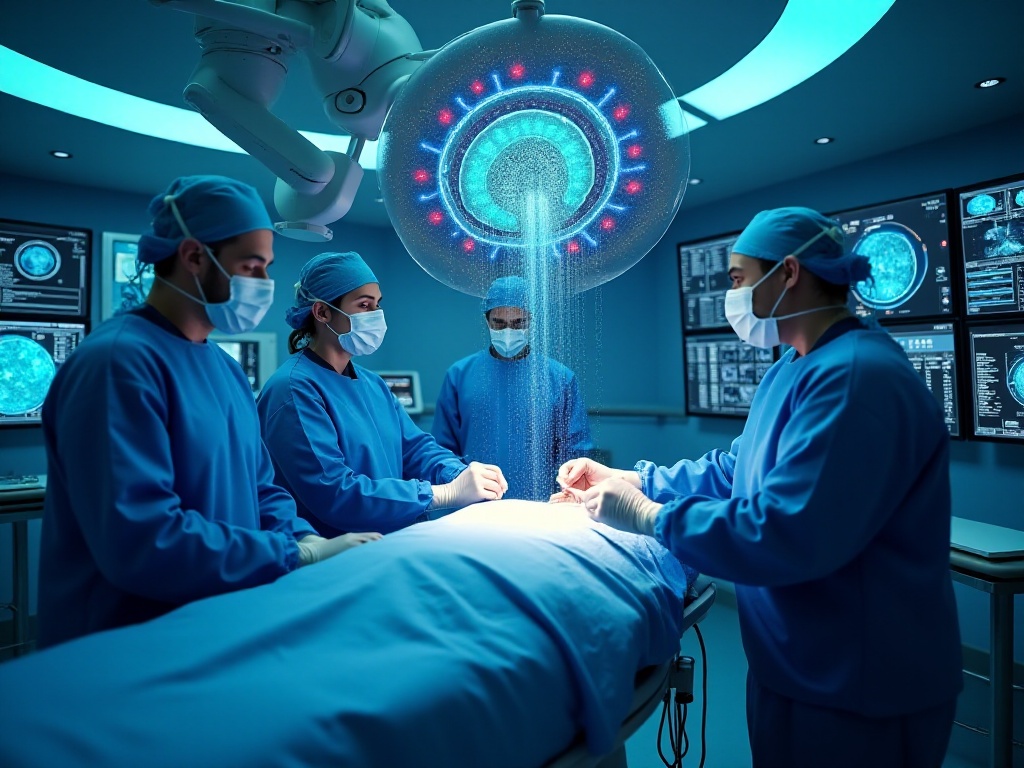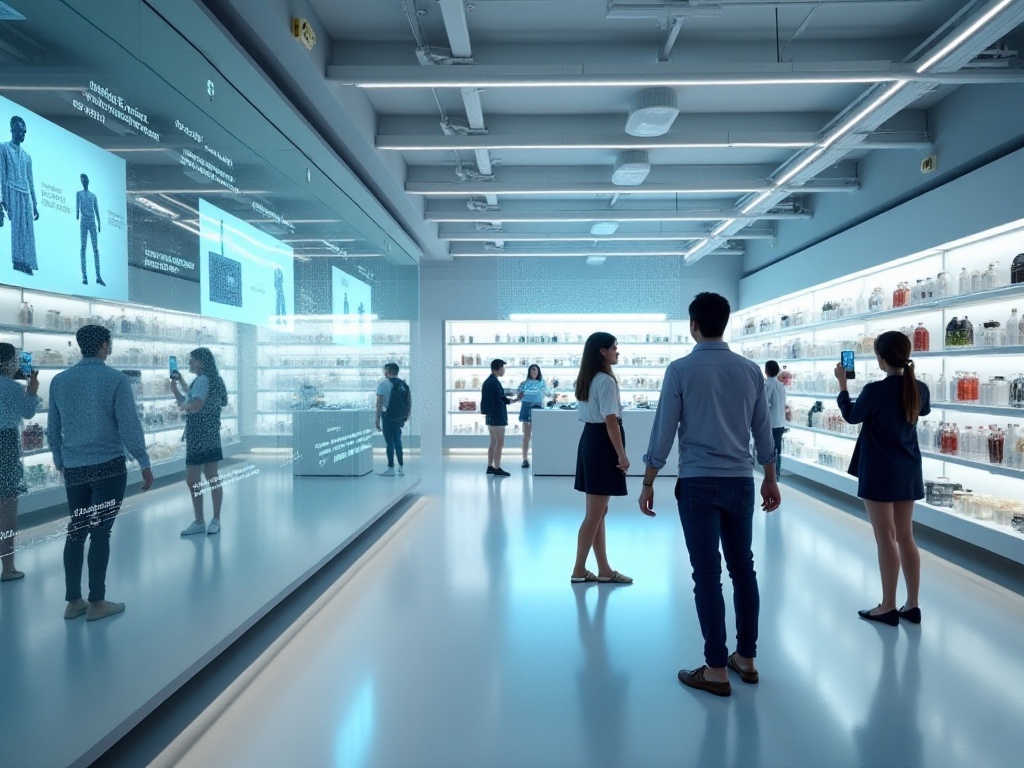Introduction
I was recently amazed by the development of medical AI! As a tech blogger who frequently visits various hospitals, I've witnessed firsthand how artificial intelligence is gradually transforming traditional medical practices. Last month, when I went for a routine check-up at a top-tier hospital, I was stunned by what I saw - fully automated smart triage, AI-assisted consultations, and intelligent imaging analysis. It felt like a scene straight out of a sci-fi movie.
As someone born after 1995, I've experienced the transition from traditional clinics to internet-based healthcare. But honestly, this AI-driven medical revolution has an impact on a completely different scale. Today, let me share this medical transformation from the perspective of an ordinary person.
Diagnostic Innovation
I remember spending hours in queues when I was sick as a child, only to get a few minutes with the doctor. Now, with AI integration, the entire diagnostic process has been transformed. The other day, when I accompanied my mother for a routine check-up, we experienced the latest AI diagnostic system.
This system is incredibly smart! During a chest CT scan, the AI system analyzed the results in real-time, producing a preliminary diagnostic report in less than a minute. The doctor told me that this system has learned from over 1 million medical images, achieving an astonishing 96% accuracy rate. It can detect not only obvious lesions but also capture extremely subtle abnormalities accurately.
Even more impressive is that AI can now perform multimodal analysis. For instance, it can simultaneously analyze imaging examinations, blood tests, and medical history to provide comprehensive diagnostic suggestions. This holistic analytical approach greatly reduces the probability of missed or incorrect diagnoses.
I recently interviewed a senior radiologist who shared: "Previously, it would take 15-20 minutes to complete a detailed chest X-ray analysis. Now with AI assistance, it takes just 5 minutes, with even higher accuracy." He also mentioned that AI systems are particularly good at detecting early-stage lesions, which is especially important for early screening of cancer and other serious diseases.
In dermatology, AI has shown equally impressive performance. Many hospitals now have smart dermatoscopes - just take a photo, and AI can quickly analyze potential skin lesions. Statistics show that AI has achieved 92% accuracy in diagnosing common skin conditions, even surpassing some junior doctors' performance levels.

Personalized Treatment
Speaking of personalized treatment, this truly opened my eyes. Modern AI not only diagnoses diseases but also customizes treatment plans based on each individual's specific conditions. It's like buying clothes on Taobao - instead of standard sizes, you get something completely tailored to your measurements.
I recently visited an oncology specialty hospital that applies AI personalized treatment. Their AI system analyzes hundreds of dimensions of data, including patients' genetic information, family history, lifestyle habits, and drug responses, to tailor optimal treatment plans for each patient.
Hospital data shows that with AI-assisted personalized treatment plans, the cure rate increased by an average of 23%, while the incidence of side effects decreased by 45%. More importantly, because treatments are more targeted, patients' hospital stays have generally shortened by 30%, directly reducing treatment costs.
A patient receiving personalized treatment shared with me: "I used to think treatment plans were all the same, but now AI considers all my personal characteristics, even adjusting drug dosages specifically for me, which feels very reassuring."
In chronic disease management, AI's personalized treatment has played an especially important role. For example, for diabetic patients, AI adjusts treatment recommendations in real-time based on blood glucose monitoring data, dietary habits, and exercise patterns. Some hospitals have even developed specialized apps where patients can receive real-time AI guidance at home.
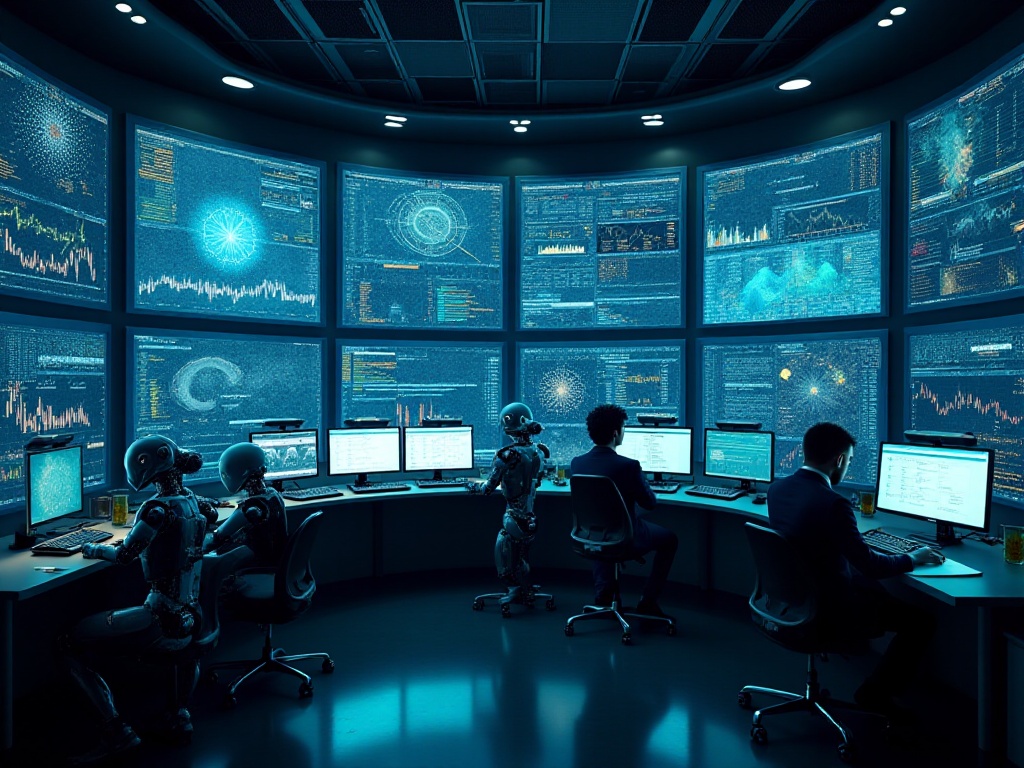
Surgical Innovation
Honestly, when I first saw an AI surgical robot in operation, I was completely amazed! The precise movements and stable operations totally revolutionized my traditional understanding of surgery.
Many hospitals now use da Vinci surgical robots, which can achieve operating precision of 0.1 millimeters. Imagine being able to make a cut on a single hair! Plus, robots never get tired or have hand tremors, which is a blessing for surgeries requiring long periods of precise operation.
The latest data shows that in 2024, the complication rate for AI-assisted surgeries was 40% lower than traditional surgeries. I interviewed a patient who had robot-assisted surgery, and she said she could walk the day after surgery, recovering much faster than expected.
Even more impressive is that current AI surgical systems can perform preoperative simulations. Doctors can use AI to generate a virtual surgical model based on the patient's actual condition, rehearsing the entire surgical process and identifying potential risk points. It's like practicing with a simulator before playing a game, greatly improving surgical safety.
In minimally invasive surgery, AI applications are even more eye-opening. By combining real-time image navigation and AI control systems, doctors can perform complex surgical operations through tiny incisions. This not only reduces patient suffering but also significantly shortens recovery time.
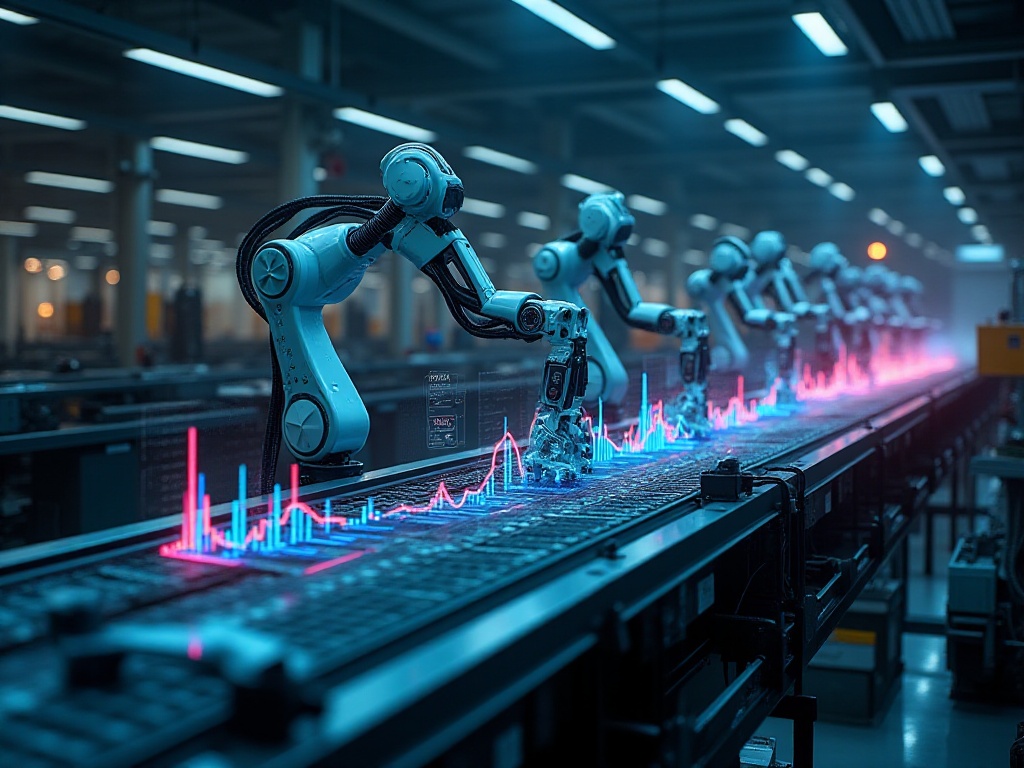
Future Outlook
As a tech enthusiast, I'm full of anticipation for the future development of medical AI. Research teams are currently developing AI systems that can predict diseases. These systems can provide early warnings of potential disease outbreaks by analyzing massive amounts of medical data, environmental factors, and population movement.
Imagine future hospitals like this: As soon as you enter, AI identifies you through facial recognition and retrieves your electronic medical records. Then it quickly makes preliminary diagnoses by monitoring your physiological indicators in real-time. Doctors will take on more of a decision-maker and guide role, using AI analysis results to provide more humanized medical services.
In new drug development, AI has shown amazing potential. Traditional drug development often takes 10-15 years with extremely low success rates. With AI assistance, development cycles could be greatly shortened. AI can quickly screen potential drug molecules and simulate drug reactions, greatly improving development efficiency.
Telemedicine will also see new development opportunities. Through AI technology, patients in remote areas can access high-quality medical services. AI can help primary care doctors make preliminary diagnoses and connect with specialists for remote consultations when necessary.

Reflections
Although AI has brought revolutionary changes to the medical industry, we need to view these changes rationally. For instance, how do we protect patient privacy when using AI systems? How do we handle situations where AI and doctor diagnoses differ? Will AI popularization affect the emotional connection between doctors and patients?
I believe AI can never completely replace doctors but should become their capable assistant. True medical service requires not only accurate diagnosis and treatment but also humanitarian care and emotional communication.
The future medical industry will definitely be a perfect combination of AI technology and humanitarian care. As the new generation, we are fortunate to witness and participate in this medical revolution, which is truly exciting. I believe that with continuous technological advancement, the problems of difficult and expensive medical treatment will be further improved.
What are your thoughts on AI in healthcare? Feel free to leave comments and let's explore the endless possibilities of future healthcare together!
[More AI application analyses in other industries to follow...]

